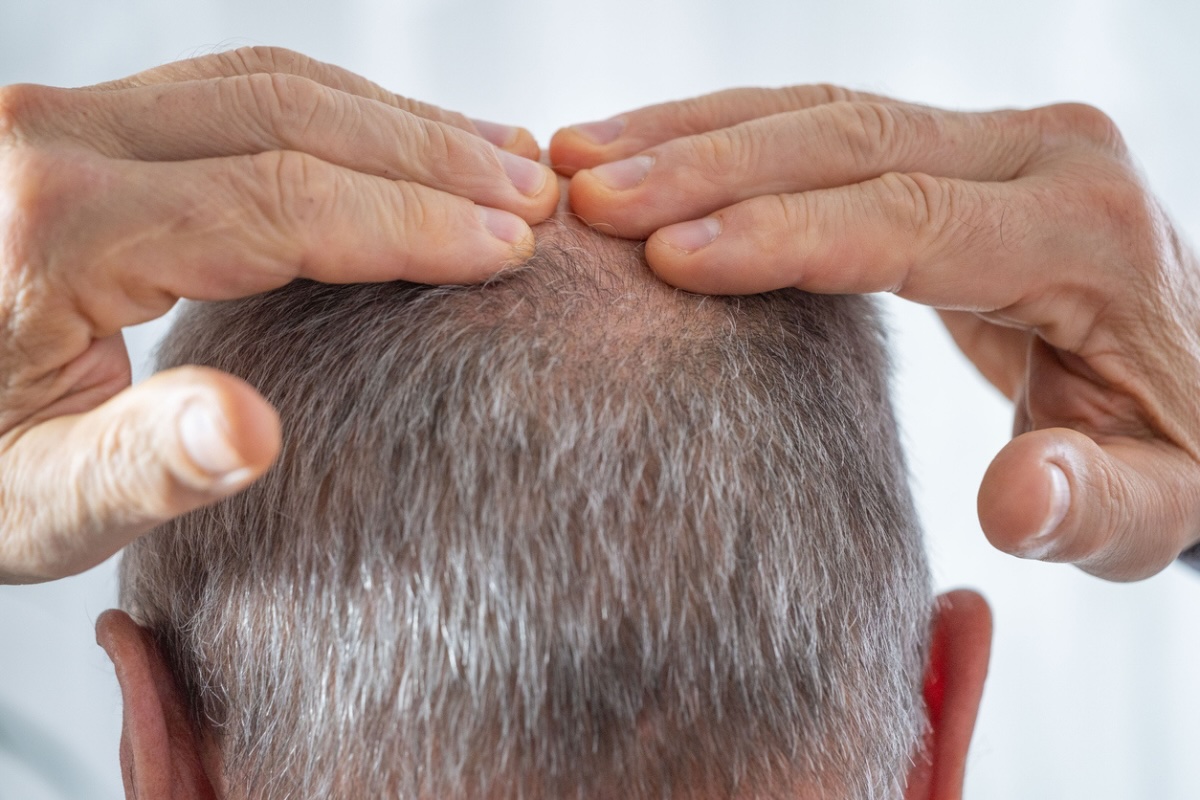Can sipping a cup of trendy matcha tea really help ease symptoms of depression? That seems to be the case for jittery mice, at least.
In a new study published in the journal, Nutrients, Japanese researchers set out to examine the antidepressant properties of matcha tea powder. They started by placing mice bred with specialized stress genes and placing them in isolation for a week. Afterward, they hung the rodents by their tails for around six minutes and measured how much they wriggled around, a commonly used experiment known as the tail suspension test.
Rodents given a powder about 30 minutes before being hung by their tails were a lot more active than the mice not given the powder. This, the researchers concluded, indicated that the energetic mice were less depressed than the sluggish mice.
The antidepressant-like effect was significantly more potent for the C57BL/6J strain of mice, which are bred to get more stressed out than the BALB/c mice, the other strain used in the experiment.
“Matcha tea reduced the immobility time only in stress-susceptible mice that experienced greater stress from social isolation,” said Kumamoto University researcher Yuki Kurauchi. “These mice also exhibited higher depression-like behavior, in comparison to the stress-tolerant mice.”
New Clinical Trial Data on Neuroactive Steroids in MDD and PPD
The Protective Effect of Clozapine on Suicide
How to Use Lithium Augmentation for Treating MDD
Dopamine, a neurotransmitter and hormone appears to play an important role in elevating mood and reducing depression. An examination of the mice brains revealed more activity in the prefrontal cortex and nucleus accumbens, which suggested a possible dopamine boost. However, the green tea powder did not affect brain cells in the ventral tegmental area, or VTA, which is thought to be responsible for regulating reward consumption, learning, memory, and addiction behaviors through mediating dopamine release in downstream neural regions.
Additionally, by tracing a substance known as SCH23390, the researchers could see how the chemical stopped the tea mixture from working as an antidepressant in the brains of C57BL/6J mice but not in the brains of BALB/c mice.
“’These results suggest that matcha tea powder exerts an antidepressant-like effect by activating the dopaminergic system of the brain, and this is influenced by the mental state of the individual,” said Yuki Kurauchi, a biochemist who led the research.
Matcha tea is made from powdered green tea leaves. It has been the centerpiece of Japanese tea ceremonies for centuries. Anecdotally, the tea has long been touted for its possible positive effects on the brain but there has been scant evidence to back up those claims.
One older study associated a higher consumption of the traditional tea with a lower prevalence of cognitive impairment in seniors, while another investigation documented the beverage’s antidepressant effects along with a reduction of stress hormones in humans.
The Japanese researchers said their latest study adds to the body of proof that matcha tea helps fights depression. But what works in mice all too often doesn’t work in humans. More trials are needed, especially with human subjects, to understand the drink’s effects on the brain.
Depression is listed as the most prevalent mental disorder in the world by the World Health Organization. More than than 21 million Americans live with the disorder. Various antidepressants counteract the effect of low dopamine, but these often serve up troublesome side effects, the researchers pointed out. In the search for safer, natural alternatives to these medicines, various natural products and plant extracts such as matcha should be studied as potential antidepressant additives or alternatives, they said.


